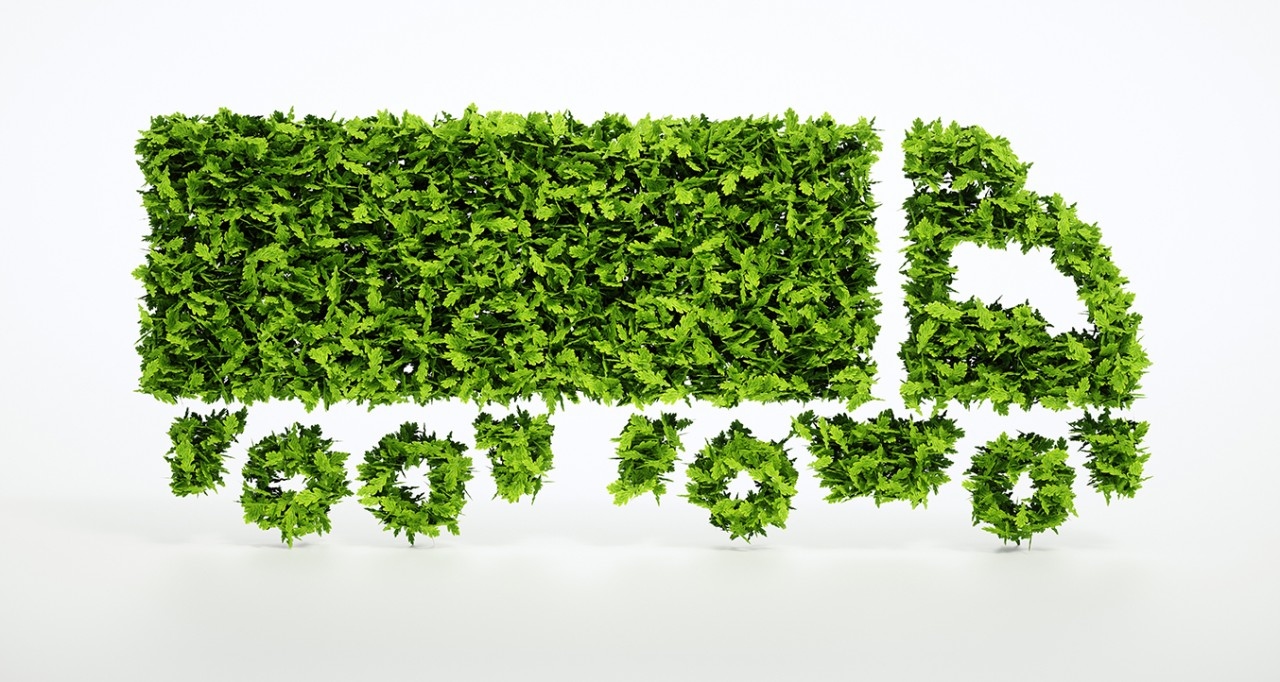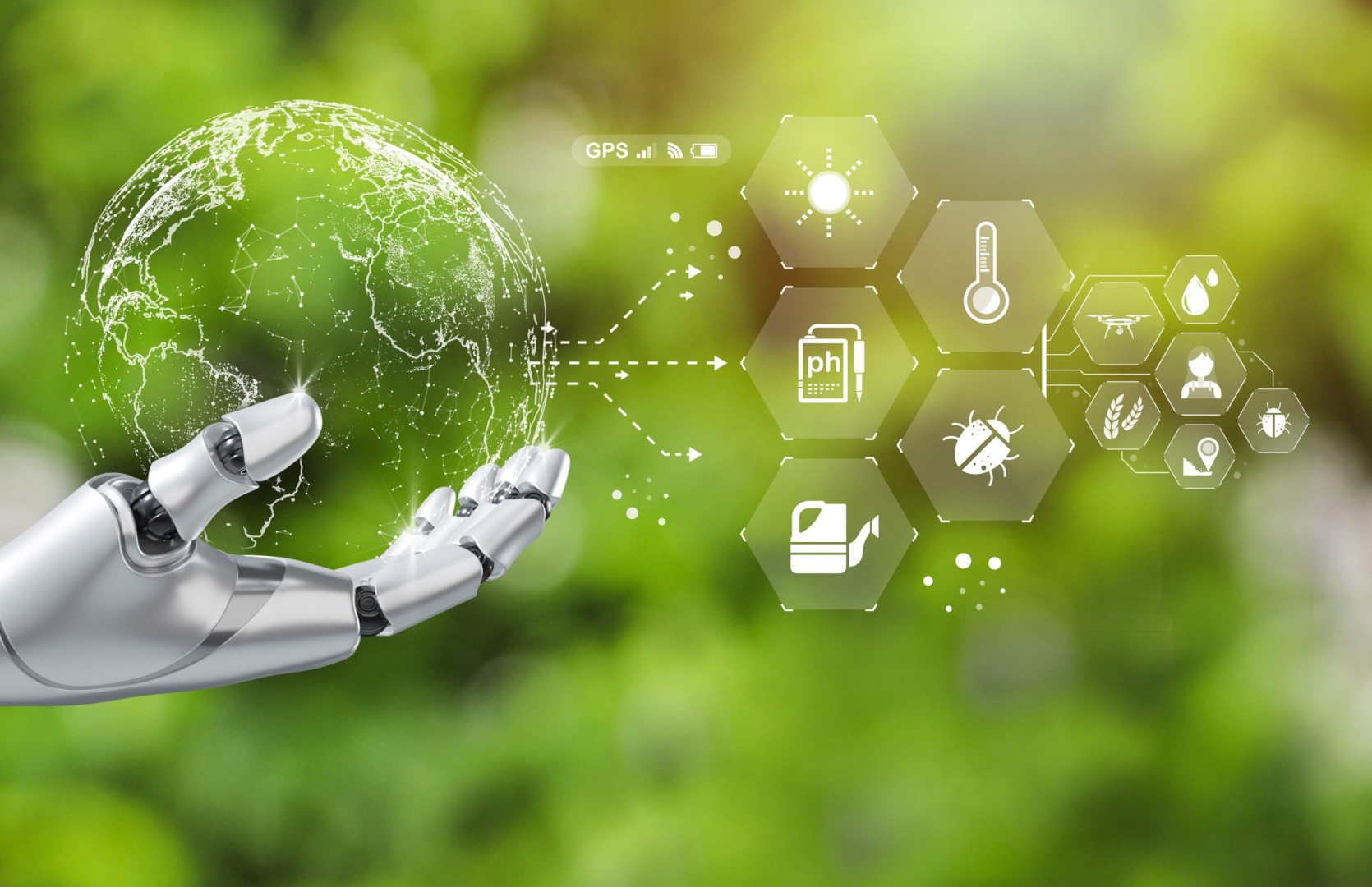
How Coronavirus is Reshaping the Fight Against Climate Change
The fight against climate change continues. Decision makers are more likely to think twice now thanks to the coronavirus.
In 2015, at COP 21, several voices were raised to highlight the cost of the proposed transition and its impact on world GDP, almost 4.5%.
Even if it is currently experienced and assessed for a single quarter, the coronavirus crisis has a greater impact on western economies. We do not have a choice, we suffer from it but there is no doubt that we will find the means to overcome the situation.
Regarding the energy transition, many decision makers and many large consumers are hesitant to act and to commit because of a lack of visibility and of an excess of uncertainty.
But are we not in the most uncertain situation today? It has been more than five months since the management of the pandemic has been dictated day by day by what has been discovered or understood in the previous two weeks about it.
We have no choice, we suffer from it, but there is no doubt that we will again find the means to overcome the situation.
Our resilience, which is important, as we have often shown, is fully expressed in emergency situations. We are valued by our ability to act successfully as firefighters.
The fight against global warming and, to a lesser degree, the energy transition impose on us a different mode of action. The risks run by the planet are not of the same order; they are infinitely more important, but they are not immediate. They force us to anticipate, to decide without immediate constraint. The Covid-19 crisis shows that we are capable of facing a situation similar to that which we should impose ourselves to effectively fight against climate change.
This struggle would also have the advantage of offering the world new sources of development and, probably, the opportunity to give a new momentum to our aging models.
By what it has allowed us to see and experience, the current crisis show us that we need to engage more in the transitions to protect our planet.
Covid-19 is set to cause the largest ever fall in CO2 emissions.
In addition, transport use and industrial activities are at an all time low.
Our planet won't stabilise until it reaches net-zero.
Click here to read other articles of the same author.
Trending
-
1 How IoT is Revolutionizing Sustainability: A Brighter Future Beckons
Susanna Koelblin -
2 How The Water Treatment And Desalination Will Change The Environment For The Better
Daniel Hall -
3 How Intermediate Bulk Containers Enhance Environmental Sustainability
Daniel Hall -
4 Hybrid Cars and Their Key Benefits
Susanna Koelblin -
5 UK Faces Wettest July in Recent Memory
Daniel Hall





Comments